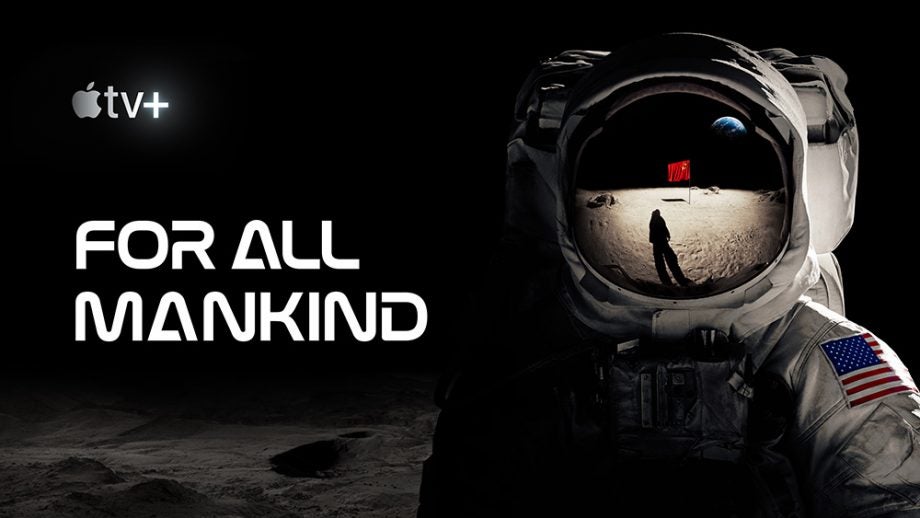OPINION: Apple TV Plus should focus on its differences, not copying everyone else

Based on recent figures, Apple TV+ is losing ground to other video streaming services, but that doesn’t mean it should stray from its course.
Back in November 2019, two video streaming services launched with ‘Plus’ in their name and arguably only one has lived up to its billing.
Both Apple TV+ and Disney+ sought to navigate the waters chartered by Netflix and Amazon, delivering Hollywood content to your home. From its reveal to its launch, Apple did what’s worked for it in the past: parade high-profile stars to promote its content, while tying its new service into the billions of Apple devices floating in homes and trouser pockets. At £4.99 it’s the cheapest of the main services, and the firm even threw in a free subscription to those who bought an Apple device around its launch.
- Read our Apple TV Plus review
However, it hasn’t been a roaring success. Apple TV+ reportedly had 10 million subscribers in the US as of February 2020, but only half used it. Despite Covid-19 keeping people at home, TV+ failed to gain as much traction as Disney, which has hit 55 million subscribers around the world and counting.
Apple’s response? To look into licensing content to bolster its library, much like Netflix and Amazon. There’s the suggestion that Apple is looking at live sports, a notion it veered away from in the build up to launch.
I can’t help feel this is a backwards step for Apple to take. It’s approach, a lineup of original content in 4K HDR, is the most interesting outside of Mubi’s curative selection and Quibi‘s bite-sized content.
I’ve not seen all the programming, but I’ve enjoyed the ones I have. See is an engaging dystopian drama. The Morning Show started slow but found its groove. For All Mankind imagines an alternative timeline for the space race. Dickinson’s modern anachronisms may annoy some but I find it charming, while Defending Jacob is the kind of adult-focused drama Hollywood might have made way back when. And they all look great.
And in a period where cinematic universes reign and Hollywood is relying more on adaptations and nostalgia, Apple’s approach is a novel one, bringing ‘fresher’ content instead of reheating old hits (Amazing Stories aside). The criticism there’s not enough content is an odd one with over thirty pieces of content available, most of them long-form storytelling. That’s more than either Netflix or Amazon could muster in their first few years, let alone their first six months.
- Read our Disney Plus UK review
I’m no binge-watcher anymore – I haven’t been one since watching DVDs of Jack Bauer chase terrorists on 24 – and I’m in no rush to finish anything I do watch. Having more choice can lead to indecisiveness, and many times have I waded through Netflix’s library only to settle on… nothing. Apple’s limited choice does, in a way, force you to sample something you could end up enjoying, rather than being fed suggestions based on your viewing habits.
There are a wealth of streaming services trying to leverage your favourite content into a monthly sub, whether it’s HBO Max and CBS All Access in the US; or Netflix, Prime Video and Britbox in the UK. But it’s becoming very much of a muchness and if Apple joins those ranks, what makes it different from everything else?
Apple hasn’t helped itself with its rather weak marketing. There’s barely been any in the UK, and even Netflix, miserly though they are, still flog adverts for The Last Dance on ITV Hub. TV+ is also not as ubiquitous as Disney Plus, Netflix or Prime Video. Apple has nudged the door open to its wall-garden ever so slightly with its relationship with Samsung, but it still keeps the focus on selling as many Apple devices as possible.
Perhaps what Apple needs is that big, subscriber-baiting hit. A Game of Thrones, a Stranger Things or an All or Nothing. But it’s not going to get that from chasing back catalogues and sports rights. If it goes down that route, it’ll lose an identity it invested so much time and money building up in the first place.


